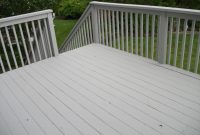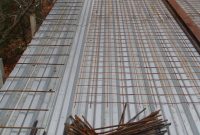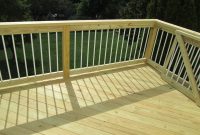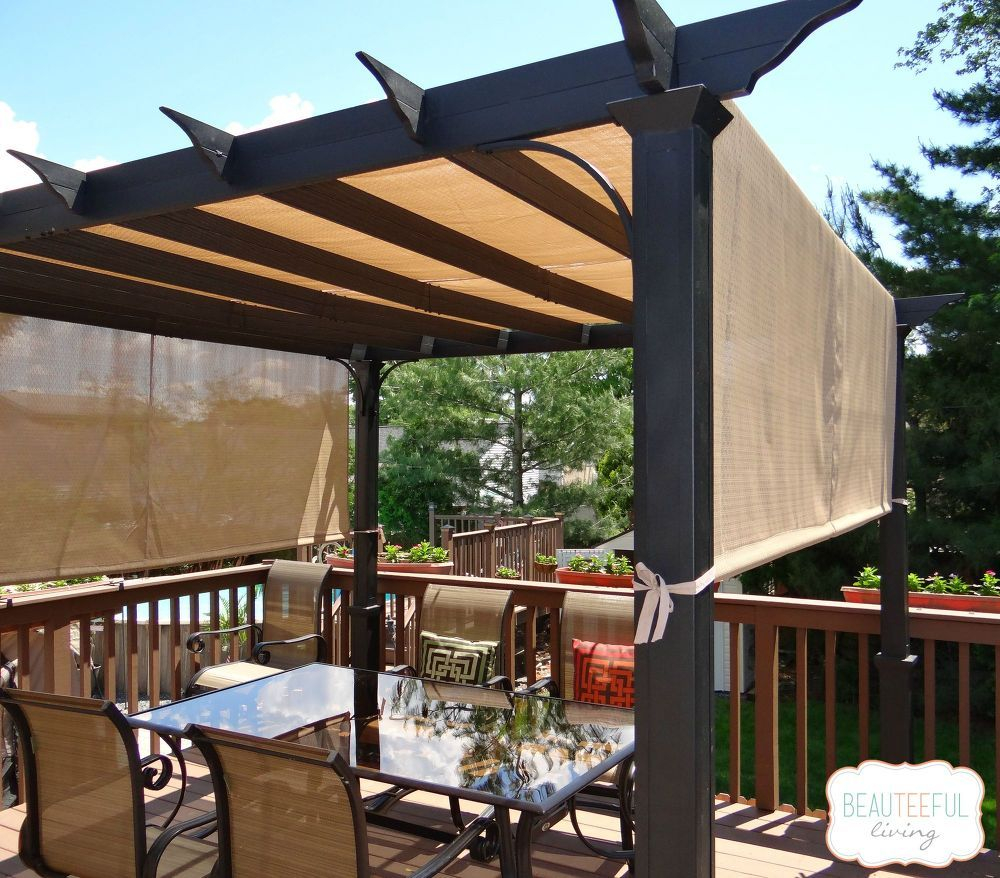 To Maximize Shade, This Couple Got Rid Of Their Deck Umbrella In intended for proportions 1000 X 878
To Maximize Shade, This Couple Got Rid Of Their Deck Umbrella In intended for proportions 1000 X 878Protect Your Outdoor Space: The Ultimate Guide to Sun Covers for Decks
I. Introduction
Sun Covers For Decks – Imagine a sunny afternoon with a brilliant blue sky, and you’re lounging on your deck, a cold beverage in hand. But the sun’s rays are relentless, turning your relaxing retreat into a sweltering sauna. This is where sun covers for decks prove their worth. They are the unsung heroes that shield you from harmful UV rays and provide a comfortable shade for your outdoor living space. This comprehensive guide aims to navigate the vast world of sun covers, exploring the types available, their materials, installation, maintenance, and much more.
II. Types of Sun Covers for Decks
When it comes to sun covers, there are several types to choose from, each with unique features and benefits.
Retractable Sun Covers
Retractable sun covers for decks are a popular choice due to their flexibility. With a simple mechanism, you can easily extend them when you need shade and retract them when you want to bask in the sunlight. Brands like SunSetter offer models like the SunSetter Motorized Awning, which has a remote control for easy operation. Coolaroo, another reputable brand, provides the Coolaroo Outdoor Roller Shade that blocks up to 90% of UV rays while allowing airflow.
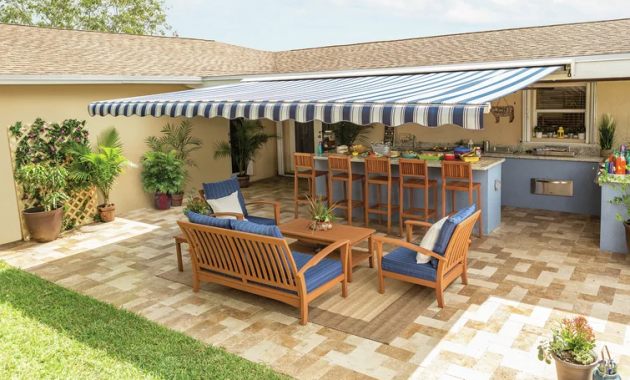
Stationary Sun Covers
Stationary sun covers, on the other hand, are a permanent fixture. They provide constant shade and are typically more robust than their retractable counterparts, making them ideal for areas with harsh weather conditions. Companies like Palram offer the Palram Feria Patio Cover, a sturdy polycarbonate roof that withstands heavy snow loads. Outsunny, known for its durable stationary sun covers, offers the Outsunny Aluminum Patio Cover, which features an integrated gutter system to drain rainwater.
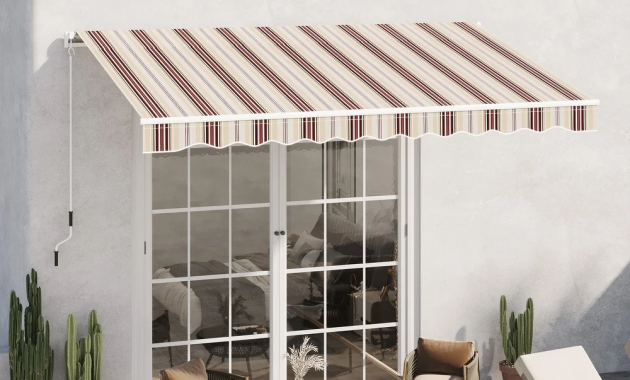
Portable Sun Covers
Portable sun covers for decks are perfect for those who love to change their deck layout frequently or for those who need temporary shade solutions for events or parties. They are easy to move and set up, offering flexibility and convenience. Look for brands like Quik Shade, which provides the Quik Shade Go Hybrid Sun Protection Pop-Up Compact and Lightweight Base Slant Leg Backpack Canopy. Another option is KingCamp with their KingCamp Heavy Duty Steel Folding Chair with Cooler Bag and Side Table, which provides portable shade and seating.
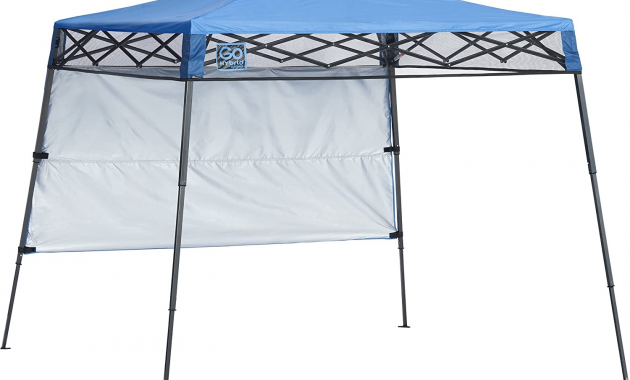
III. Materials Used for Sun Covers
The material of your sun cover plays a crucial role in its functionality and durability.
Aluminum
Aluminum sun covers are known for their strength and resistance to weather conditions. They are lightweight yet sturdy and don’t rust, making them durable. However, they can be more expensive than other materials. The Outsunny Aluminum Patio Cover is an excellent example of a durable and stylish aluminum sun cover.
Wood
Wooden sun covers offer a natural and rustic look to your deck. They can be painted or stained to match your existing deck and are often chosen for their aesthetic appeal. However, they require regular maintenance to prevent rot and insect damage. The Backyard Discovery Cedar Pergola is a beautiful wooden sun cover that adds a touch of elegance to any deck.
Fabric
Often made from polyester or canvas, fabric sun covers are affordable and come in various colors and patterns. They are easy to install and replace, making them a popular choice for many homeowners. However, they may not be as durable as aluminum or wood. The Coolaroo Outdoor Roller Shade is a high-quality fabric sun cover that blocks UV rays and allows for airflow.
IV. Installation and Maintenance
Installing sun covers for decks requires some tools and possibly a permit, depending on local regulations. It’s always best to hire a professional to ensure proper installation.
For retractable and fabric sun covers, you’ll need a sturdy structure to attach them to, such as a wall or a beam. Stationary and wooden sun covers may require more complex installation, including digging post holes and securing the structure with concrete.
Maintaining your sun cover is essential for its longevity. Regular cleaning and inspection can prevent damage and extend the life of your sun cover. For fabric covers, consider removing them during the winter months or during severe weather to avoid injury. Wooden sun covers should be treated annually to protect against rot and insects. Aluminum covers can be cleaned with mild detergent and water.
If you encounter any issues during installation or maintenance, don’t hesitate to consult a professional. They can provide expert advice and ensure your sun cover remains in top condition.
V. Sizing and Design Considerations
Choosing the right size and design for your solar cover is crucial. Measure your deck area to determine the appropriate size of the sun cover. Remember to consider the sun’s direction and the places you want to shade at different times.
When it comes to design, consider the style and color of your deck. A rustic wooden pergola may not suit a modern, minimalist deck, and a sleek aluminum cover may look out of place on a traditional, country-style deck. Remember, your solar should complement your patio, not overshadow it.
VI. Conclusion
In conclusion, sun covers for decks are a valuable addition to any outdoor space. They protect against harmful UV rays, provide shade, and enhance the aesthetics of your deck. So why wait? Start exploring the options and invest in the best sun cover for your deck.
For more information on sun covers for decks, check out these additional resources:
- SunSetter Awnings
- Coolaroo Outdoor Products
- Palram Applications
- Outsunny Outdoor Furniture
- Quik Shade Canopies
- KingCamp Outdoor Products
Protect your deck, enjoy your outdoor living, and remember – the right sun cover can make all the difference.
